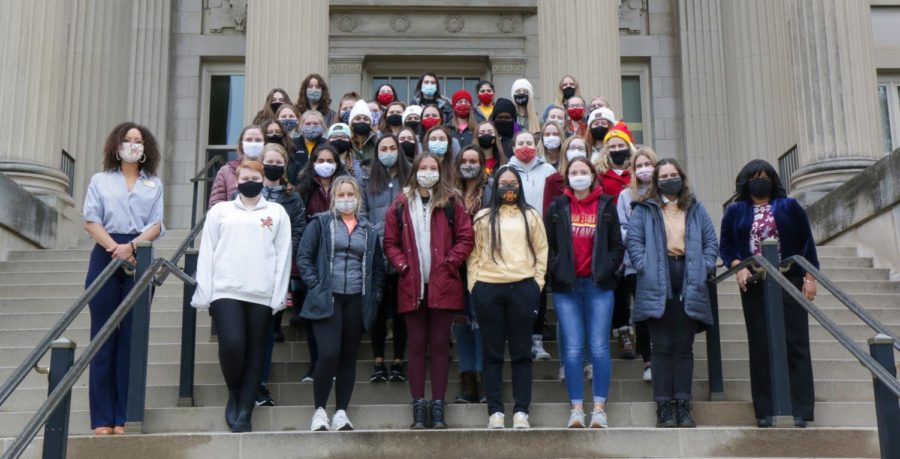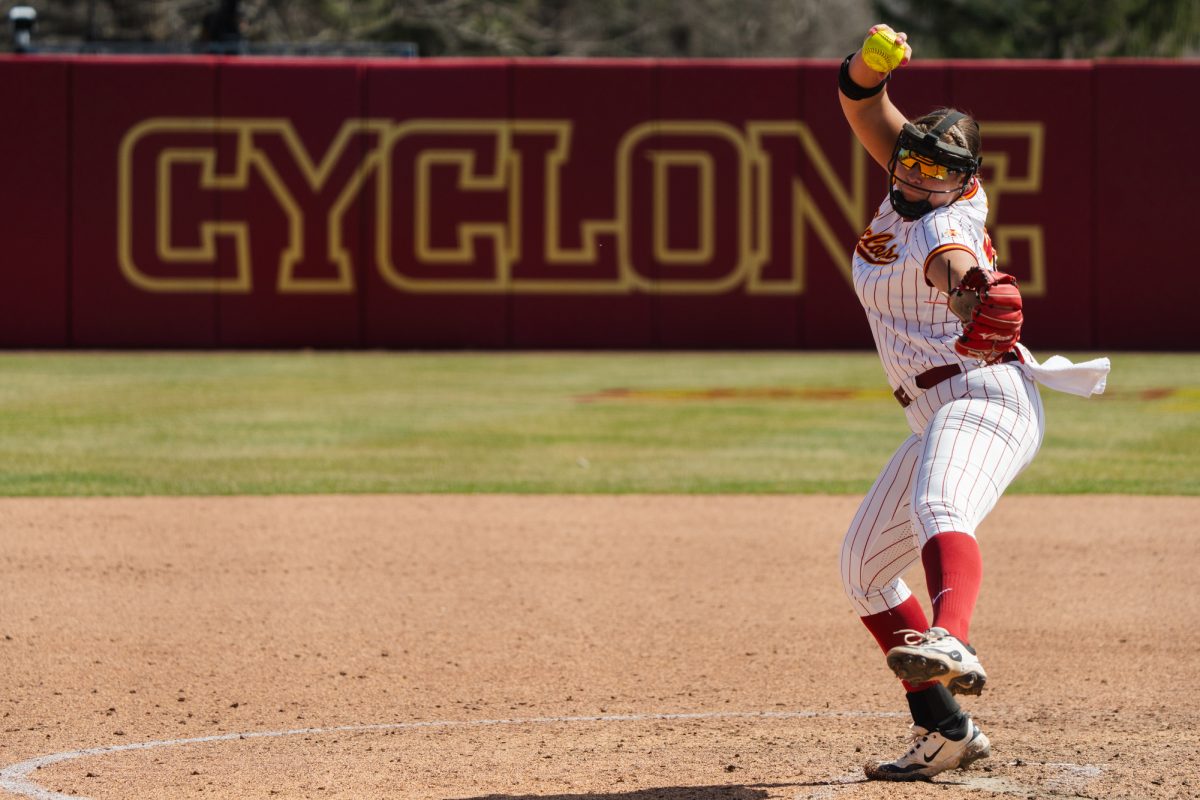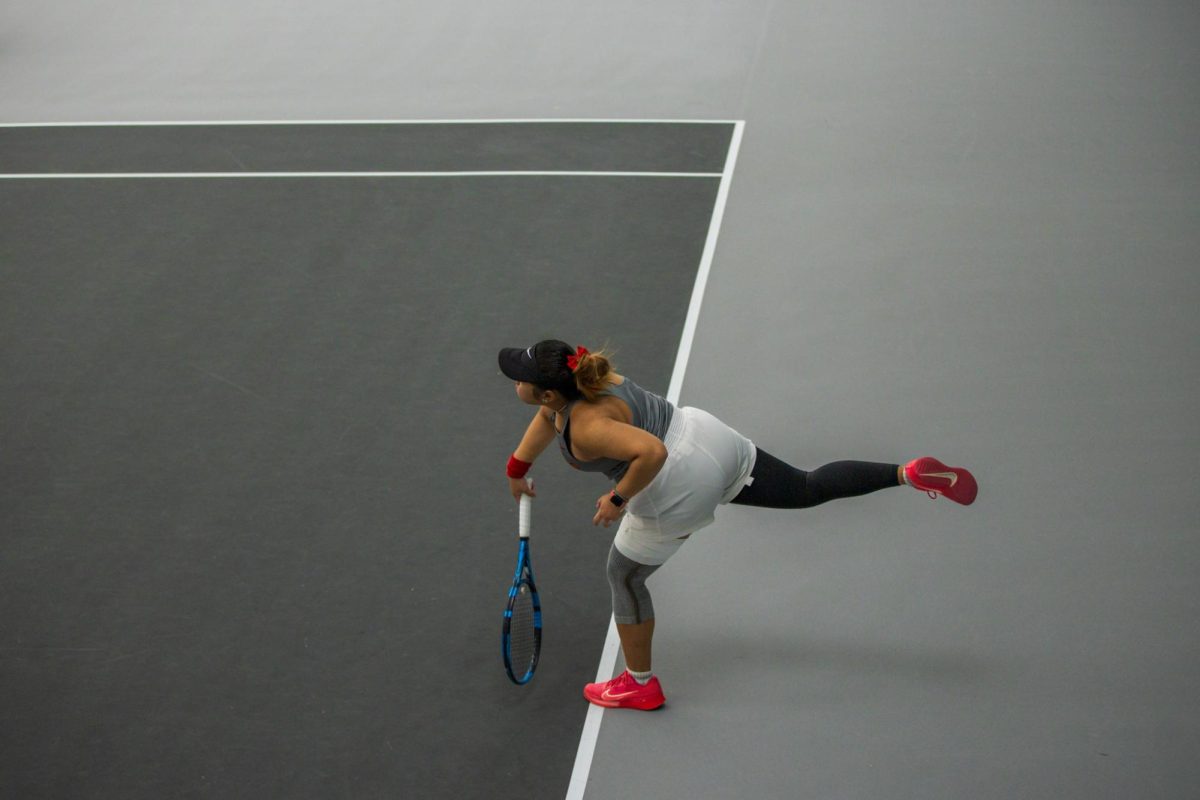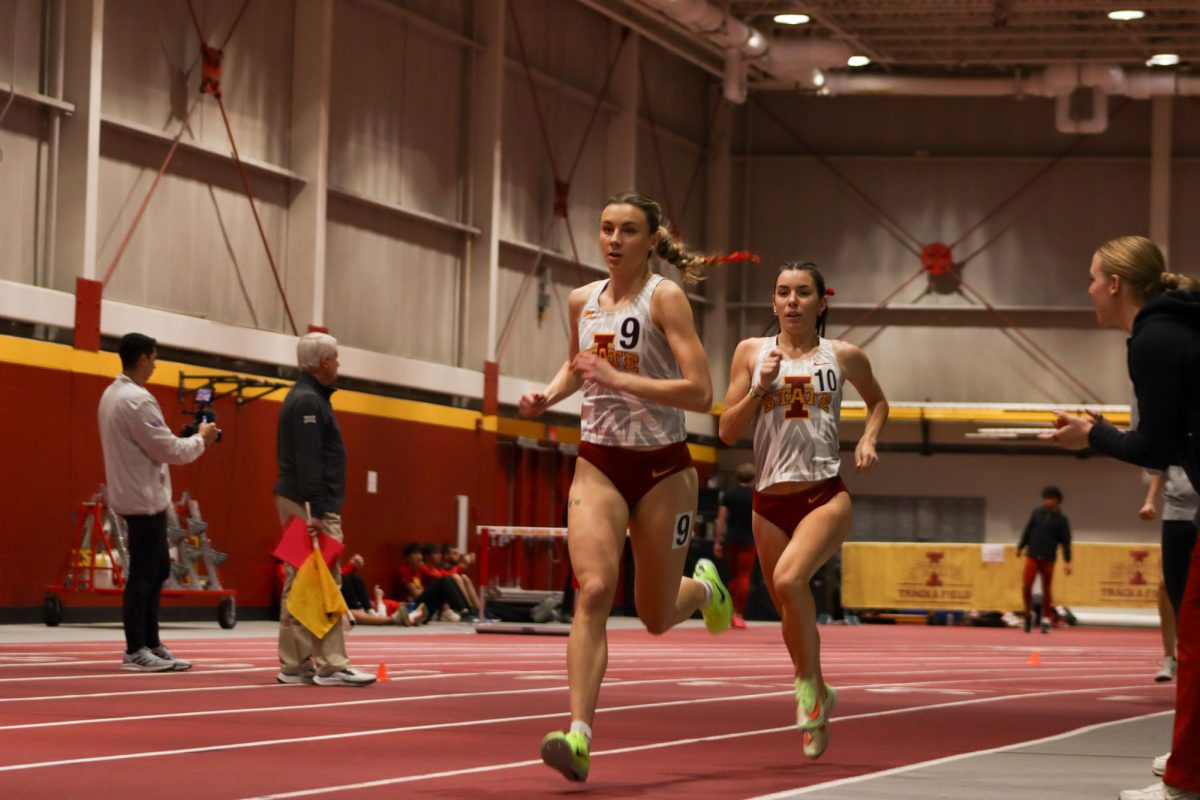WiSE: Iowa State’s best-kept secret
March 28, 2021
Science and engineering have majors and fields of study that are predominantly male. Women faculty at Iowa State saw the need for a program that encouraged women to commit to a STEM (science, technology, engineering and mathematics) field.
Women in Science and Engineering (WiSE) is a program that was founded in 1968 to provide a welcoming and safe environment for women entering into science and engineering. They provide services for the six undergraduate colleges at Iowa State. The services are aimed at academic success, social support and professional development.
WiSE is open to all undergraduate students who identify as female. Any student who identifies as female and is entering a STEM major is encouraged to partake in all of the services offered from this program.
“We want to be as inclusive as we can,” Carly Miller, a program specialist for WiSE, said.
It is important that all feel welcome and invited to participate in the activities and services provided by the program.
Miller organizes residential living, programs, events and creates the event planner they give out to students in the program. WiSE encourages female students to pursue and stay within their STEM major.
With extensive outreach programs from kindergarten through 12th grade, as well as crucial targeting during the first two years in their STEM programs, it is important to give as much support as possible to students during the first two years of their degree.
WiSE conducts outreach programs from kindergarten through high school. These programs are aimed at creating hands-on experiences for students to get involved in STEM fields.
“Go Further” is a conference that targets female students from eighth to 10th grade. This conference connects prospective students with companies in the STEM industry. This exposes the students to what careers look like in science, technology, engineering and mathematics.
WiSE created another program that places current Iowa State students in classrooms. These students go into the classrooms of younger kids to facilitate a hands-on STEM-based project. These activities can be found on the WiSE website.
The catalog for the role model program contains many different lessons a teacher can look through. Lessons through this program are entirely free for teachers to participate in.
“It’s easier for us to see someone else doing something,” Miller said. “It makes it seem achievable and easier for a student to see themselves being able to do it too. Role models kind of pave the way.”
Female role models in STEM are important to increasing the number of female students. WiSE serves a need in the STEM community to encourage female students to be persistent and pursue those educational and career paths.







